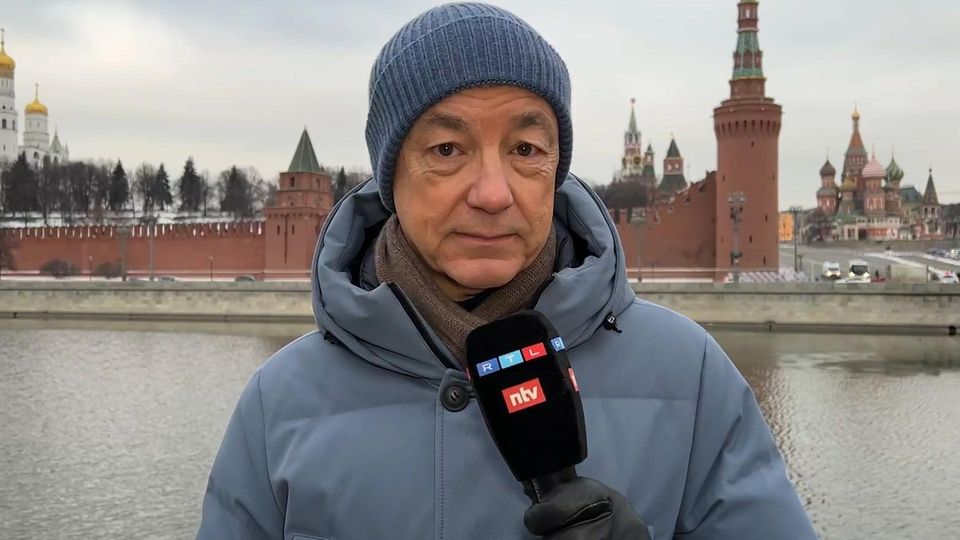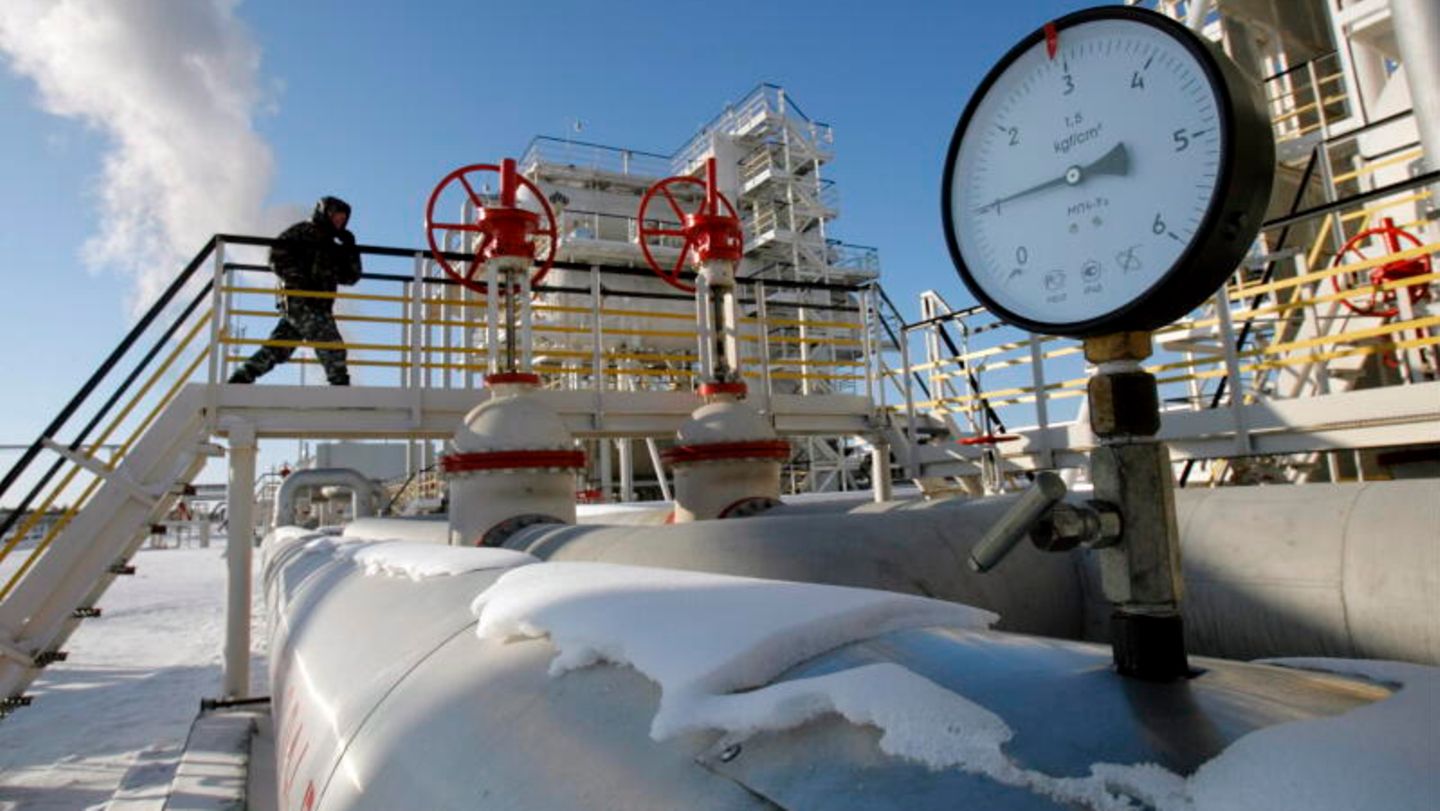Western sanctions against Russia are having an effect: collapsing oil and gas exports are tearing a huge hole in the country’s budget. The Kremlin is trying to balance the deficit by selling gold reserves.
This article first appeared on ntv.de
In January, the Russian government ran a deficit of 1.76 trillion rubles (about 23 billion euros) as a result of collapsing revenues from oil and gas exports combined with rising expenditures for the invasion of Ukraine. This figure was announced by the Ministry of Finance in Moscow. As Bloomberg reports, this is the largest budget deficit in at least 25 years.
Huge hole in Russia’s war chest: sanctions are causing tax revenues to collapse
Tax revenues from the sale of oil and gas, one of the Russian state’s most important sources of income, fell by 46 percent in January compared to the same month last year. Meanwhile, government spending rose 59 percent as a result of the war. In addition to revenue from raw material exports, other tax revenues also fell by a surprising 28 percent. This is due to changes in VAT, the Ministry of Finance announced.
Last year, oil and gas export revenues, which are important for Russia, rose by 28 percent despite Western sanctions. Because while gas deliveries in particular to Europe fell sharply, prices had skyrocketed. This had also triggered a debate in Germany about the design and purpose of the sanctions. However, the tide has turned with the gradual entry into force of the European oil embargo against Russia since December 2022 and the price cap for Russian oil decided by the G7 countries.
Russia sells gold reserves to plug budget gap
In view of the sanctions and the loss of important customers in the West, Russia has had to offer buyers of its raw materials significant discounts. Russian oil averaged just under $50 a barrel in January, a significant discount to Brent and WTI crudes, the benchmarks for the global oil market, which traded for around $75-$90 a barrel. For this year, the Russian government is reportedly expecting an average price of $70 a barrel.

The Russian state budget provides for a total deficit of 3 trillion rubles for the current year. Although more than half of this was achieved in January alone, the Ministry of Finance says it is sticking to the target value for the year as a whole. To do this, the government is increasingly resorting to emergency reserves and alternative sources of income. Among other things, the ministry announced that it had sold Chinese yuan and gold worth the equivalent of around 500 million euros in January. The government has reportedly already withdrawn significant sums from Russia’s sovereign wealth fund, the National Economic Fund, and is looking at ways to collect higher taxes from companies.
Source: Stern




